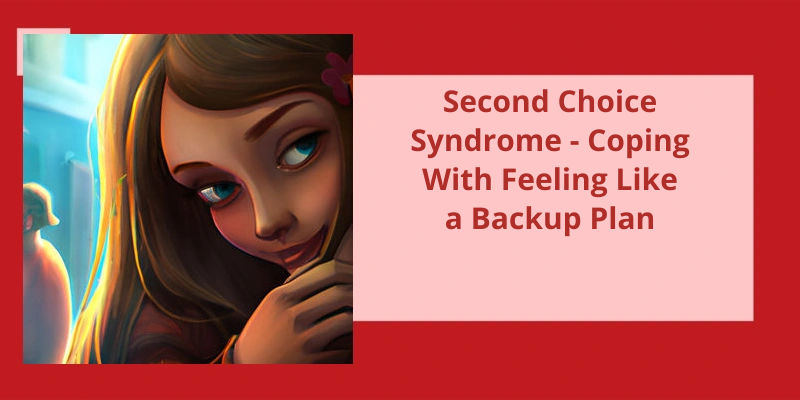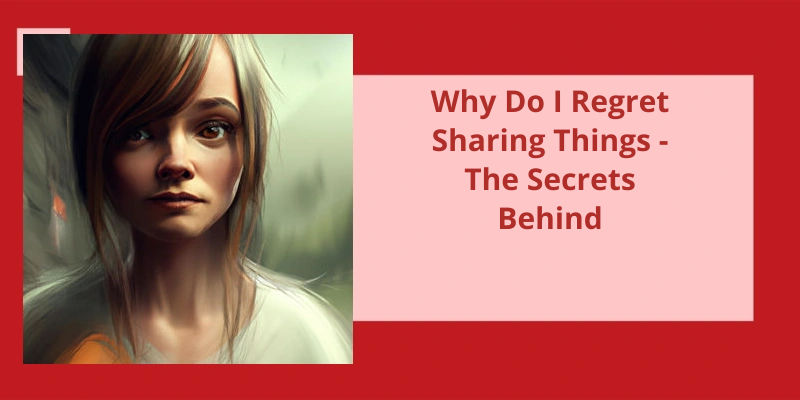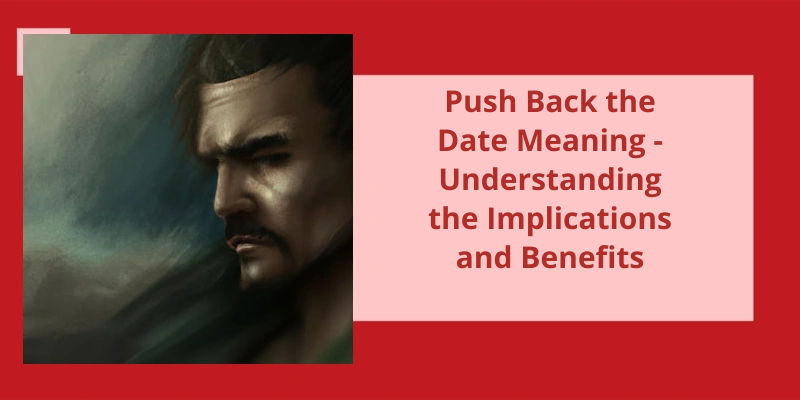One of the most difficult aspects of any relationship is finding the bond that connects two individuals. Unfortunately, there's always a possibility that someone may experience "second choice syndrome," a feeling of being less valued than their significant other's previous partner. This issue is particularly common when dating a widow or widower, as their deceased spouse often holds a special place in their heart. The fear of being compared to a past partner can create feelings of anxiety and insecurity that can put a strain on any relationship. However, experts say that acknowledging and addressing these feelings can help both partners move forward and build a strong and healthy relationship.
What Does It Mean to Be Someones Second Choice?
Being someones second choice can be a difficult position to be in. It often feels like you aren’t truly valued by the person who claims to care for you. It’s a painful realization that you’re a backup plan, someone who’s only needed when the primary option isn’t available. Being relegated to second place can be a blow to ones self-esteem and can make someone feel unimportant.
It’s important to remember that no one deserves to be someones second choice. Relationships are built on mutual respect, trust, and love, and being a second choice undermines all of these pillars. It shows that the person you’re with isn’t fully invested in you, but rather sees you as an option to be used when it suits them.
It can mean that you aren’t valued as a person, but rather viewed as a convenient option. This can be a hard pill to swallow, especially if you’ve invested time and energy in the relationship. It may be difficult to accept, but sometimes the best course of action is to move on and find someone who values you for who you are.
It’s important to recognize and acknowledge the signs of being someones second choice. This can help you make informed decisions about the relationship and determine whether it’s worth pursuing or not. Some common signs include feeling like you’re always waiting for your partner to call or make plans, feeling like you’re always their backup plan, and feeling like you aren’t a priority in their life.
It can be damaging to ones self-worth and can make it difficult to trust in future relationships. It’s important to remember that everyone deserves to be treated with respect and kindness, and being someones second choice doesn’t align with these values. If you find yourself in this situation, it’s important to put yourself first and prioritize your own happiness and well-being.
The Importance of Setting Boundaries in Relationships to Avoid Being Someone’s Second Choice.
- Understand and value your own needs and priorities
- Communicate your boundaries clearly and consistently
- Avoid making excuses or rationalizing behavior that violates your boundaries
- Be willing to compromise, but not at the expense of your own well-being
- Recognize when a relationship isn’t meeting your needs and have the courage to end it
- Remember that setting boundaries is a sign of self-respect and healthy self-esteem
Conclusion
It’s natural to feel anxious and insecure when comparing oneself to a partner's previous love, especially when that love is a deceased spouse. However, it’s essential to understand that these feelings don’t necessarily mean that the relationship is doomed. Instead, it’s vital to communicate with your partner openly and work together to build a strong, healthy relationship founded on trust, respect, and mutual understanding. With patience, empathy, and love, it’s possible to overcome second choice syndrome and build a fulfilling relationship that lasts a lifetime.






